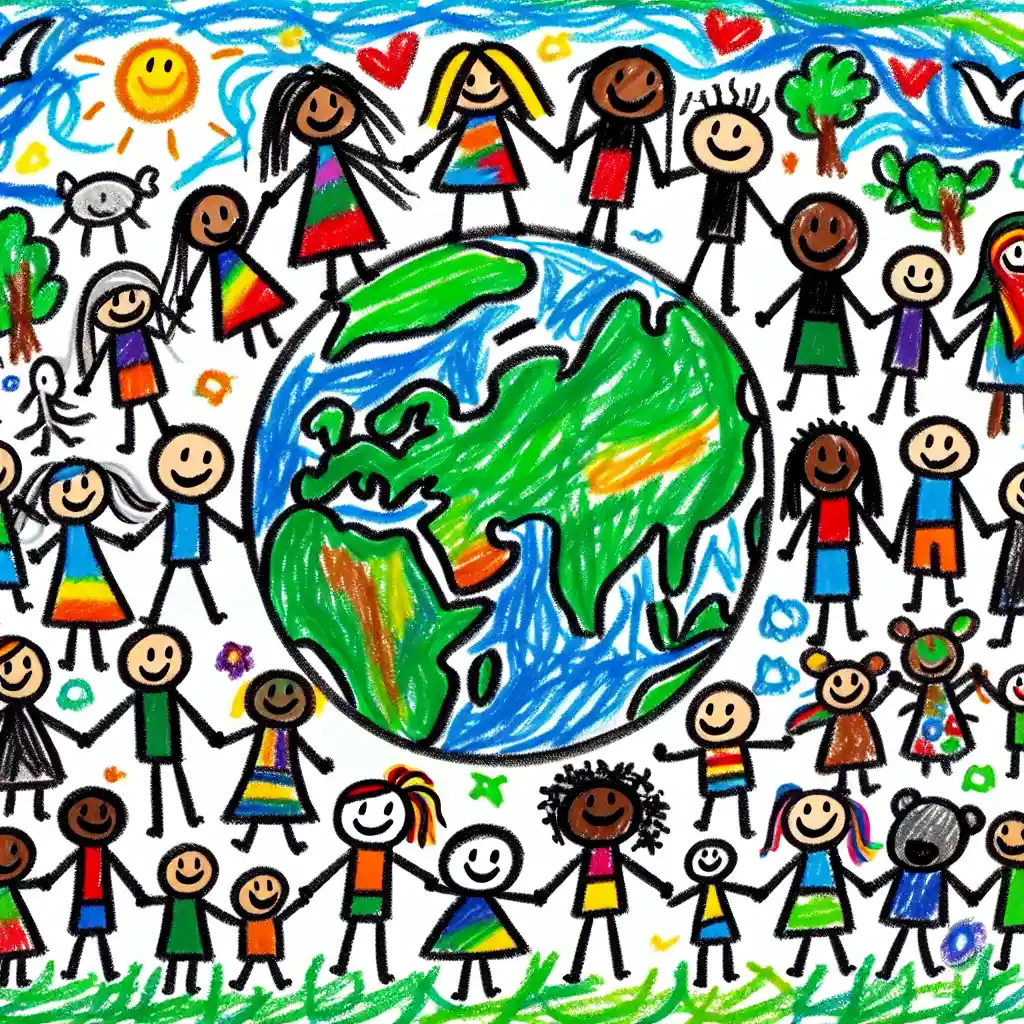Some countries still want to save the world

Explain Like I'm 5
Imagine you have a big box of crayons. One day, you notice that a friend doesn’t have any crayons to color with, so you decide to share some of yours. That’s kind of what Spain is doing right now. A while ago, Spain needed help and got some extra crayons from their friends because they were all out. Now that they have crayons again, they’re not just keeping them; they’re sharing them with friends who need help coloring their pictures too. They’re giving more crayons away to help other people make their pictures pretty!
Explain Like I'm 10
So, a few years back, Spain was in a tough spot—they didn’t have enough money to take care of all the things they needed, like jobs and hospitals. Other countries in Europe helped them out by lending them money, kind of like how a friend might lend you a video game when you don’t have one. Now, Spain is doing much better, and they’ve decided to help other countries that are having a hard time. They’re increasing the amount of money they give as aid to these countries, which is like sending food, medical supplies, or money to build schools. It’s a big deal because not too long ago, Spain was the one who needed help, and now they’re helping others. They’re showing that just because you needed help before doesn’t mean you can’t be the one to give help later.
Explain Like I'm 15
Spain's economic story is quite the rollercoaster. About a decade ago, they were in a serious financial crisis and needed a bailout—that’s when other countries give you money to help stabilize your economy. It was a tough time, and it was uncertain how Spain would recover. Fast forward to today, and Spain is not just back on its feet; it’s stepping up its game in international aid. They’re increasing their foreign aid budget, which is money given to poorer countries to help them develop better infrastructure, healthcare, and education systems.
This move is significant for a couple of reasons. Firstly, it shows a strong recovery and resilience on Spain's part—going from needing aid to giving it. Secondly, it’s a big statement in a world where many countries are looking inward and cutting down on aid. By increasing their aid, Spain is taking a stand on global solidarity and responsibility.
This decision might influence other countries to either step up their aid game or reconsider their current commitments. It also places Spain in a leadership role, possibly improving its global image and strengthening ties with recipient countries. Economically, this could pave the way for future partnerships and trade agreements. Socially and politically, it enhances Spain's reputation as a supportive and stable nation in international affairs. What will be interesting to see is how this decision impacts Spain internally and what ripple effects it has on global aid dynamics.
Want to read the original story?
View Original Source